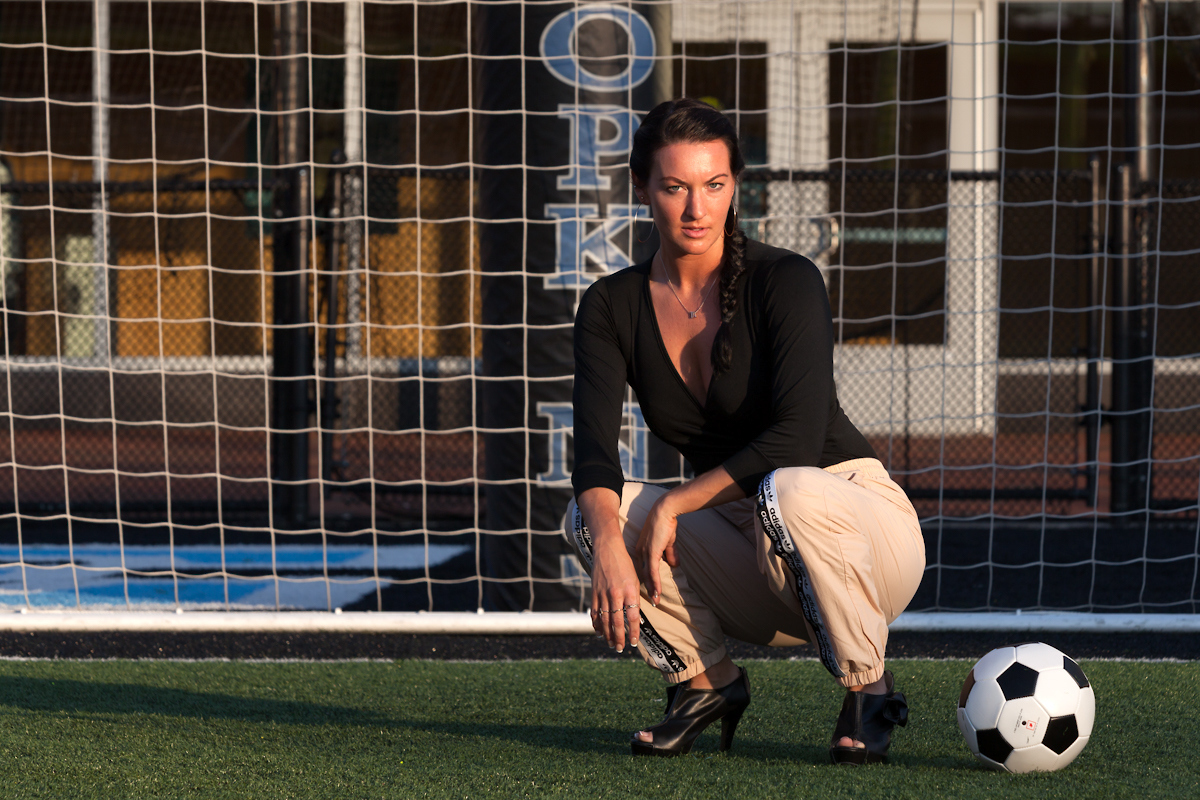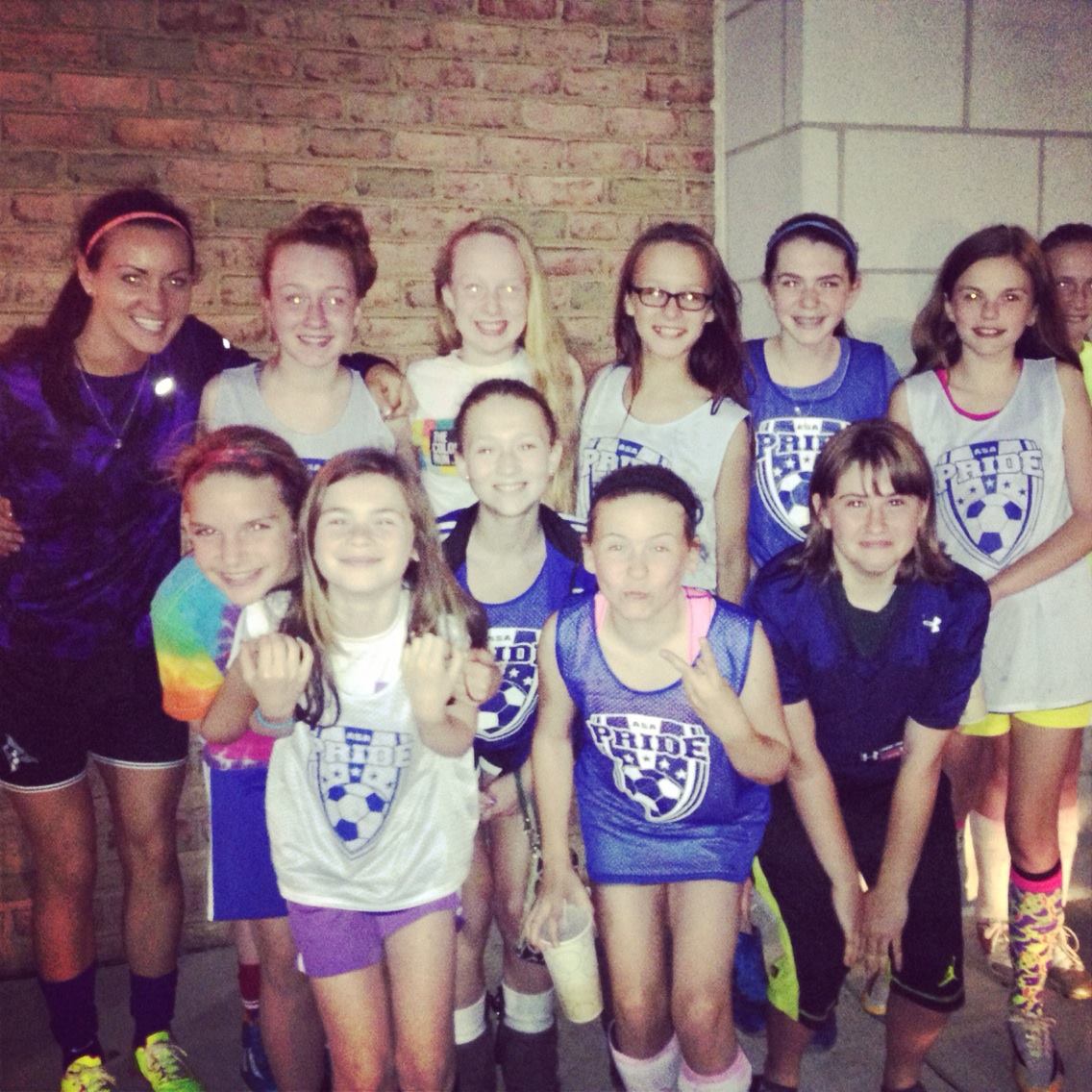
12 Dec The Art of Tough Conversations with Sports Parents
Tough conversations are icky and uncomfortable, and there are plenty we consistently avoid as humans.
It’s in our nature to shy away from confrontation out of the gut wrenching thoughts, ‘what will they think?’ or ‘will they still like me after I say this ridiculous thing?’
And I get it. As humans, we want the people around us to feel comfortable, to approve of us, and to agree with what we have to say. It’s the easy way out and spares us from debating, fighting and hurting feelings.
Truthfully, I can think of several conversations we avoid all the time:
1. Telling our best friend their addiction to anime is unhealthy.
2. Telling our spouse their breath stinks in the morning.
3. Telling our significant other first that we love them and have feelings.
4. Telling our blind date they’re boring and we’d rather go home and cuddle with our life size pillow and watch YouTube videos of kittens.
5. Telling our boss they’re working us too much and we need a week to sip sangria on the beach.
6. Telling our wives we’d rather do fantasy football with the guys than watch Dancing with the Stars.
7. Telling our husbands we’d rather go to the spa. And oh, screw doing the kids’ laundry!
8. Telling our Twitter trolls they’re going to lead lonely, melancholy lives with all of the hate they’re spewing.
None of these conversations are easy, and can be as hard as hiking the Great Wall of China naked.
And as much as we want to have tough convos, and to call that one person out so they make a radical change once and for all, we never muster up the courage to do so.
So we remain silent to that person, and become so incredibly vocal to others about them, and in blogs and on social media. What’s crazy is after all of this, we still don’t confront the one person directly.
Of course, it feels darn good to spill our guts to others on social media, but it ends up being one giant vent session into an abyss of nothing.
Actually, an abyss of nothing thats feeds even more resentment.

As coaches, I truly believe it’s our job to educate parents, coaches, and all of the players involved in youth sports. Yes, blogging. Yes, tweeting, Yes, filming. Yes, posting.
But.
If we don’t have tough conversations face-to-face with stakeholders on a daily basis, we are doing our child athletes a tremendous disservice.
As I’ve alluded to in previous posts, humans are funny.
We’re funny because most of the time, we react to tough conversations with emotion, defensiveness, and resentment. And this is why no one ever puts their pants on and has them in the first place.
But I urge you to trigger some folks.
Sure, you may lose clients.
Sure, you may piss someone off.
Sure, you may crush their ego.
After all, anything that is as triggering as a tough conversation, it’s inevitable people will respond with fiery emotion.
But yo.
Anything that is triggering, that ruffles the feathers, that rocks the boat, and that jostles the soul, is necessary for growth.
As an example, this past month, I’ve had a plethora of tough conversations with soccer parents about what is best for their kid.
And none of this is out of an ‘I told you so!’ or ‘I am smart look at me!’ place.
Rather, it’s out of a place of care, genuine concern, and love. After eight years of experience in youth training, I’ve seen kids suffer from overuse, burn out, chronic muscle soreness, and loss of love for their sport due to the pressure to specialize before age 12. This is why I have these conversations because I want to spare people the hurt.
And as much as people think us coaches are pulling this out of our —‘s, we’re not. Years of experience seeing what happens to young children in sport, and libraries of extensive research on the topic, we’re not just making this stuff up.
This. Is. Real. Life.

Yes, I’ve lost clients telling them the truth because people got offended when I told them what was healthiest for their child.
And that’s fine with me. People have gotten defensive about enrolling their kid in year-round soccer. People have gotten defensive about not giving their kid proper strength training. People have gotten defensive about stuffing their pantries with toxic food. People have gotten defensive when I say that the “my kid just loves soccer!” argument is not a valid one.
As long as us coaches are putting the young athlete first, speaking our truth, and letting parents know that their kid needs a variety of movement, proper recovery, nutrients, multiple activities and hobbies for safe and long-term development, then we’re doing our jobs.
Call some people out. I mean come on…we’re all adults here.
To make this all more personal, do you think it was comfortable for me to call out my best friend for her life threatening eating disorder? No.
But did it propel her to seek help? Absolutely.
Do you think it was comfortable for me to tell a teenage girl with chronic patellar pain who loves working out to take a month off from sport? No.
But did it allow her to recover and heal? Absolutely.
Do you think it was comfortable for me to tell a year-round ECNL soccer player to sit out from basketball this winter to focus on her speed and monitor her soccer load? No.
But did it encourage her to make speed training and body mechanics a priority? Hell yes.
Do you think it was comfortable for me to tell an 8-year-old’s parents to take her out of travel soccer and enroll her in rec soccer? No.
But did it allow her to regain a love for the fun of sport and get more playing time, exposure to the game and confidence? Absolutely.
So whenever you feel scared to have a tough conversation, to educate parents (and players) on what is right, or to tell a best friend that they’re destroying their lives, remember, their reaction is not your responsibility.
And oh…the wellbeing of humans comes first.
I wish more people called each other out, especially from a place of love. Humans need more of this for their own evolution and personal development.
I get tough convos in youth sports are immensely hard. But remember, they aren’t about you, nor are they about the parent.
They’re about the kid.


No Comments